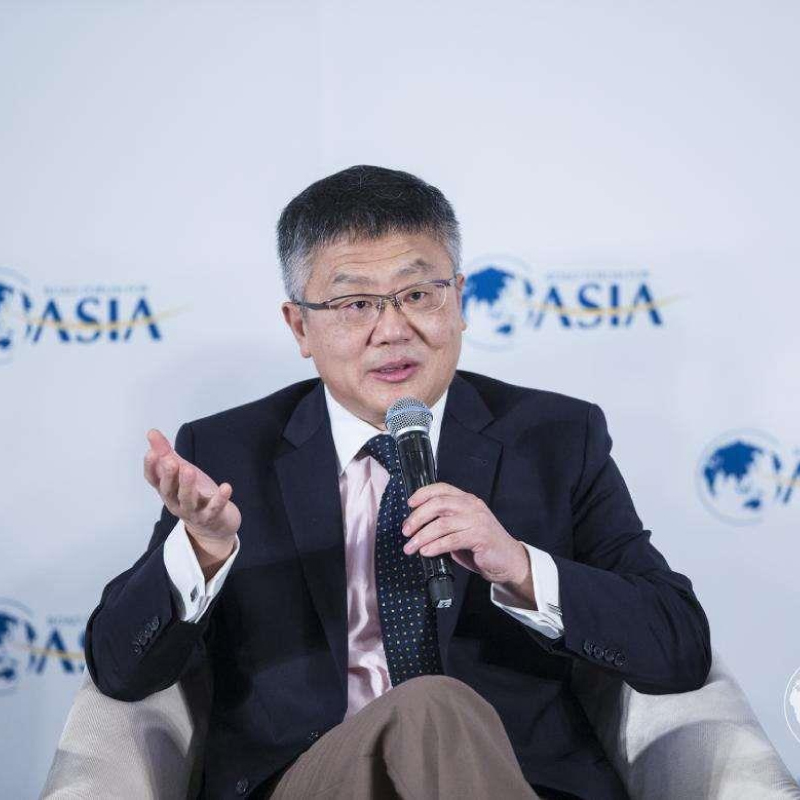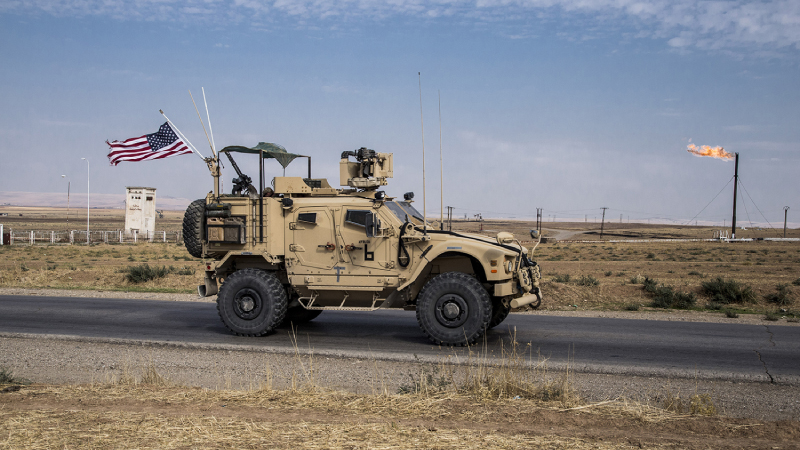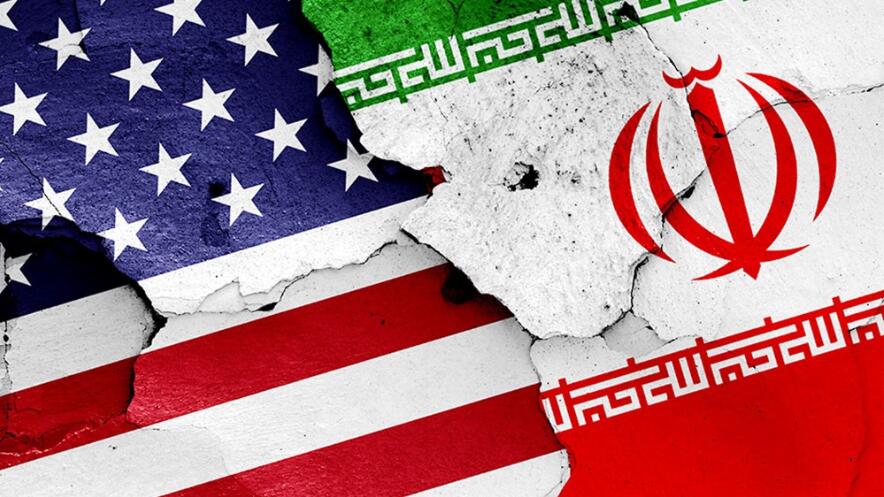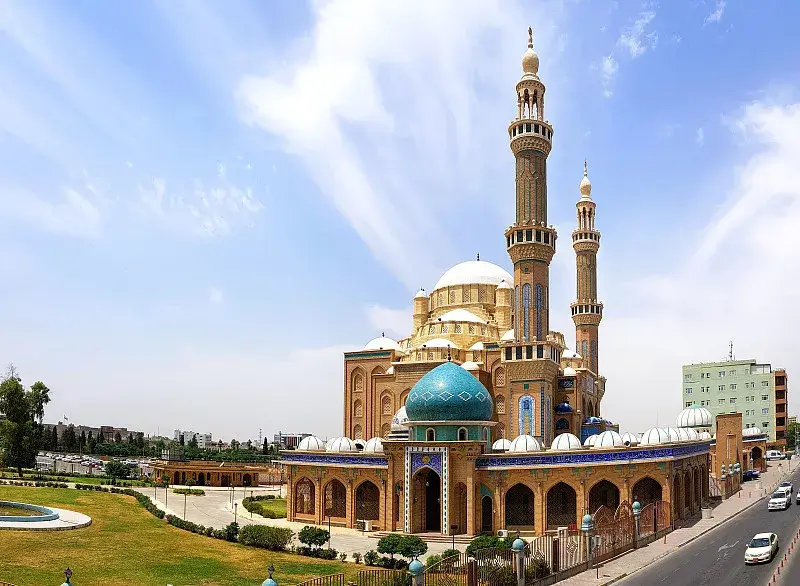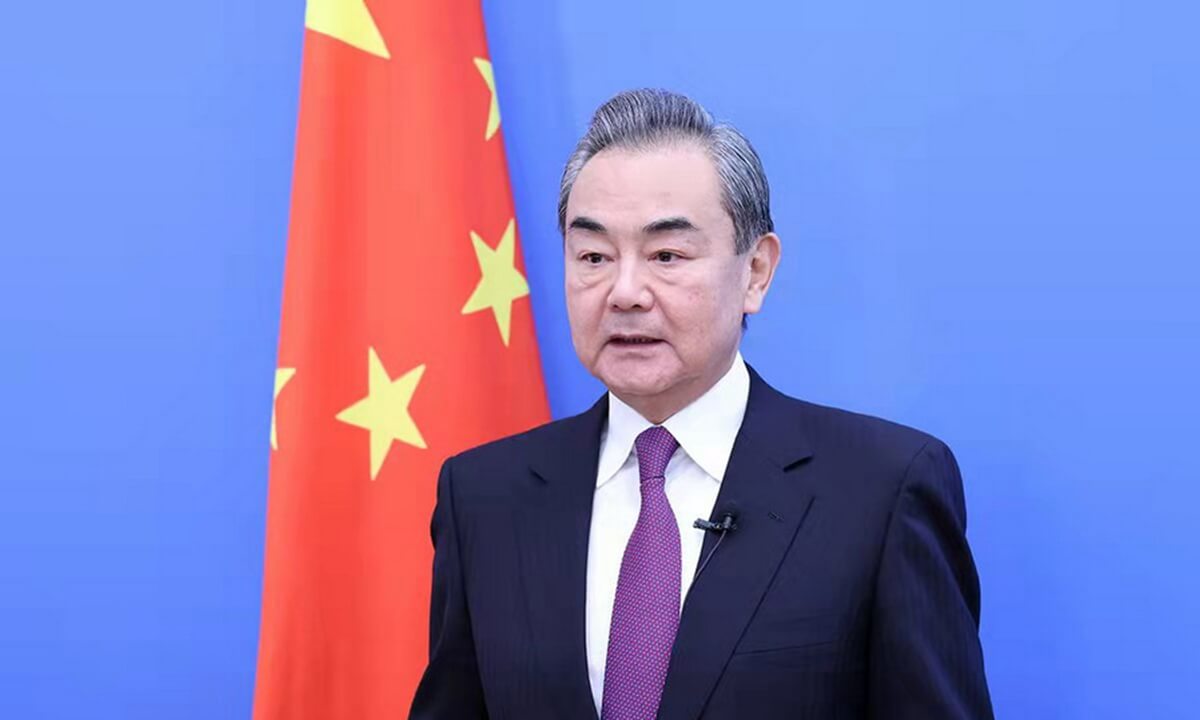
Hamas’ surprise attacks on Israel on October 7 has triggered the largest and bloodiest Israel-Palestine conflict since the Palestinian Intifada in 2000. This brutal conflict will have far-reaching impact on the global landscape, especially the development of high-tech industries centered around chip manufacturing.
The US immediately sent two aircraft carrier battle groups to the Middle East, an unprecedented move since the Cold War, and declared full support for Israel’s fight against Hamas. However, the US Department of Defense and Department of State were the first to claim that they had no evidence of direct Iranian involvement in or support for Hamas’ actions. While claiming steadfast support for Hamas, Iran also stated that it had not provided direct support to Hamas’ attacks. Obviously, both the US and Iran do not want to escalate the conflict. The Lebanese Hezbollah has declared support for Hamas and even threatened to be fully prepared to join the fight, but they have not taken any serious action thus far. The skirmishes by the Houthis have in Red Sea are manageable unless the Iranians gets directly involved, which would lead to the escalation thast does not really serve Iran’s interests.
Israel, which suffered the attacks, had imposed a complete blockade and indiscriminate bombing on Gaza during recent days, and conducted an unprecedented national mobilization for a ground invasion of Gaza. However, there have been no signs of expanding the conflict beyond Gaza. Hamas has also expressed willingness to negotiate with Israel, as they have achieved their established strategic goals through the attacks – military success, political visibility, disruption of Israel and Saudi Arabia’s reconciliation and the capture of hundreds of Israeli hostages. All these demonstrated that, although Israel vowed to eradicate Hamas armed forces, all relevant parties, including the US and Iran, are reluctant to escalate the conflict.
However, this “war” has brought profound implications to the global landscape. First, the Global South once again demonstrated a highly unified stance after the outbreak. For one thing, they condemned Israel’s inhumane warfare; and for another, they called for an immediate ceasefire, supported the establishment of a Palestinian state, and advocated for a “two-state” solution through peaceful negotiations. In this way, the Global South once again displayed its growing influence and confidence after resisting US sanctions against Russia during the Russia-Ukraine conflict, not to mention that the rise of the Global South was initially a substantial challenge to the international order dominated by the US and the Western countries since World War II.
Second, in the midst of the ongoing and deadlocked Russia-Ukraine conflict, the US was entrapped into the Israel-Palestine war, where it had no choice but to fully support Israel. The US apparently hopes to contain the conflict, as Blinken, the US Secretary of State, and President Biden flew to the Middle East region for mediation. But the subtle relationship between the US and Israel, along with the great political and economic influence of the American Jewish community, leaves the Biden Administration with no choice but to provide unwavering support, at least in public, to Israel. As the US has been fettered both morally and strategically in the Israel-Hamas war, its commitment and assistance to Ukraine is significantly weakened, making the prospects of the Ukraine War even more uncertain. As for the US itself, the presidential election is around the corner. Yet the newly elected Speaker of the House, who has garnered unanimous support from the Republican Party, is a Trump man. This means that the Biden administration can hardly get support from the Republican-dominated Congress on any issue. Additionally, with mounting debts and persistent inflation despite repeated interest rate hikes, the United States, which still sees itself as a global leader, is now besieged by all the internal and external challenges, leading to the fatigue of the Biden administration as reflected in mainstream discussions in the country.
Third, in striking contrast to the dilemma faced by the US, China hosted the third Belt and Road Forum from October 18 to 20, a grand event attended by leaders from over 150 countries and regions and focusing on the theme of peace, cooperation, and development. It is worth noting that after the meeting between Xi Jinping and Vladimir Putin during the forum, the Chinese government issued a moderate and rational call for peace with regards to the Israel-Palestine conflict. While it condemned the killings of the innocent by both Hamas and Israel, Beijing called for an immediate cessation of war and a peaceful resolution, reaffirming China’s consistent support for the establishment of a Palestinian State and a “two-state” solution. It is also noteworthy that major Western countries have maintained a “deafening silence” towards China’s stance and the phone calls between Chinese Foreign Minister Wang Yi and the foreign ministers of Israel and Palestine. The silence speaks volumes – it is clear that China has substantial influence in international affairs nowadays, hence the expectation from the international community for China to play an essential role in the current conflict.
Last but not the least, the Israel-Palestine conflict has significantly impacted the microchip- and AI-related high-tech industry. After the Cold War, millions of Russian Jews immigrated to Israel, and their solid and conservative right-wing stance provided the strongest support for the right-wing hardliners led by Netanyahu. In addition, this large group of well-educated immigrants, many of whom had a background of scientific research in the former Societ Union, constituted an indispensable part of human resources needed by Israel’s high-tech industry, serving as the strongest driving force behind Israel’s development strategy that prioritizes high-value-added and high-tech industries. Furthermore, the enormous overseas Jewish capital provided sufficient financial support to the implementation of this strategy, enabling Israel to develop an economic ecosystem primarily driven by research innovation and product incubation, with Tel Aviv becoming one of the three major Silicon Valleys for high-tech industries in the world. Almost all high-tech companies established research and incubation centers in Israel, with as many as 167 world-renowned companies registered in Tel Aviv alone. However, in less than a month since the outbreak of the conflict, the intensity of this conflict and the anticipation of long-lasting deadly battles resulted in a significant outflow of high-tech talents and funding from Israel. While Tel Aviv Airport was crowded with departures, the amount of capital withdrawn or frozen has reached trillions. Currently, major international high-tech companies have all “suspended” their research and production activities in Israel to varying degrees.
In this situation, the US implemented even more comprehensive and stringent restrictions on China’s chip and AI industries, attempting to completely block the development of China’s high-tech sector. This has made the situation even more challenging for global high-tech multinationals, leaving them uncertain about their future. Continuous development is the key for the high-tech industry: its survival necessitates continuous investment, which in turn needs effective market share as a guarantee. The comprehensive suppression of China’s high-tech industries through political means and policies poses a severe threat to the market-dependent high-tech multinationals. Moreover, as a Chinese saying goes, “circumstances alter cases”, as long as China’s economy and the countries along the Belt and Road continue to grow, high-tech companies will find it difficult to give up the markets and resist the opportunities brought by economic growth. In this sense, turmoil and blockades are the biggest threat to economic development, while peace, openness, and development can ensure promising future for all industries, especially the high-tech industry.





